W9R: Long Reads for the Long Weekend
Our W9R suggestion for this week is inspired by GC’s February Newsletter.
Consider cozying up with these long(er) reads to fill your long weekend, and if you’ve already had a chance to read them, let us know what you think!
Sapiens offered a compelling analysis of how we find ourselves here, two decades into the 21 Century. Harari’s core contention is that, 200,000 years into our time on this planet, we share a truly global and increasingly globalizing culture; this cultural situation has been shaped by a compounding series of revolutions that lie at the root of what sets us apart from every other animal on the planet; and, the first and most profound of these revolutions was the cognitive revolution which, for reasons unknown, 70,000-30,000 years ago, supercharged the human mind with the ability to think and communicate about things abstractly, in the form of the stories that we share. Civilization is made possible by, and is ultimately the product of the stories we collectively believe - and today there is an increasing tension between the big global stories that have increasingly bound us together in larger numbers than ever before, and the local stories that set us apart and enrich who and what we are.
One of the important - and contested - stories of our modern world, and of Canadian society specifically, is democracy. David Meslin’s Teardown has a ton to say about the beleaguered state of Canadian democracy and how to fix it. Excitingly, a lot of his prescriptions are right in the wheelhouse of what Great Neighbourhoods is all about - namely the importance of the neighbourhood as the most local and vital unit of democratic political organization.
I was super-excited that a democracy advocate like David Meslin found his journey was taking him to the conclusion of the neighbourhood as an essential unit of democratic organization. I was also super-excited that an urbanist like Emily Talen, in Neighborhood, through her study of the physical entity of the neighbourhood over time, had arrived at the same conclusion. Great Neighbourhoods are more than just a ‘place’, they are, ideally, a vehicle for the democratic organization and achievement of best-possible outcomes for those who live in them.



